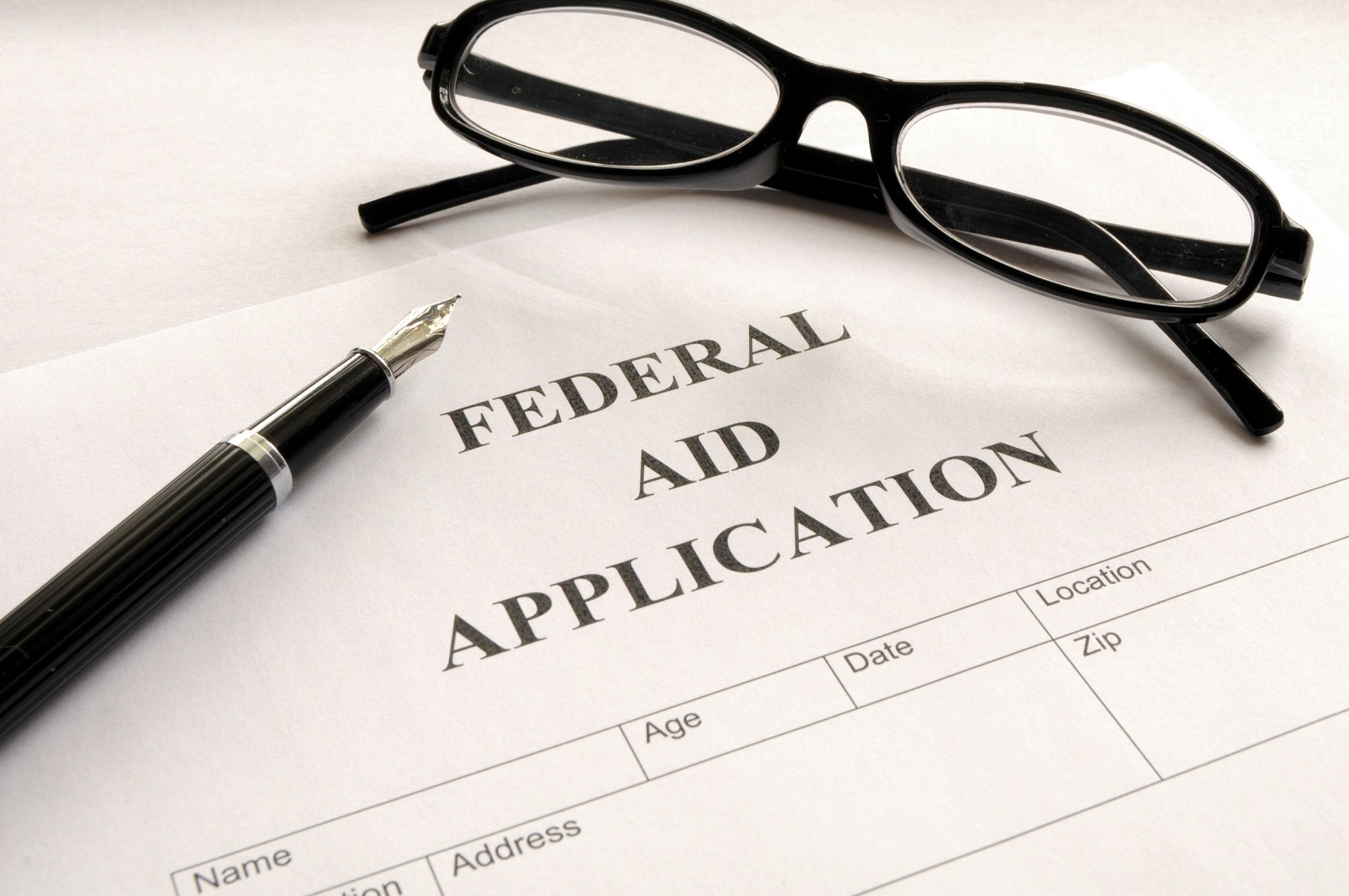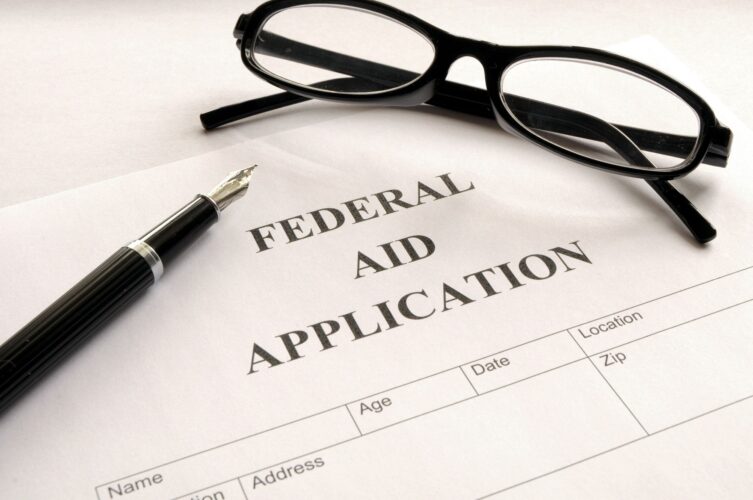
Financial aid is awarded on a first-come, first-served basis. Often, states have their own priority deadline. However, if you miss the state’s deadline, don’t worry – the federal deadline isn’t until a later date so you still have time to submit your application. This post will teach you how to apply for federal student aid so that you can maximize your scholarship potential.
FAFSA Application
There are three ways to submit the FAFSA:
- Go to www.fafsa.ed.gov and submit your application online.
- Download the FAFSA as a PDF document and snail-mail the form.
- Contact 1 (800) 4-FED-AID and request a traditional paper document, then submit the form by mail.
Before filling out a FAFSA, you will need to have a few documents on hand:
Win more scholarships with less effort
Simplify and focus your application process with the one-stop platform for vetted scholarships.
Check for scholarships- Your social security card (if you don’t have your card, make sure you’ve memorized the number).
- Driver’s license or state-issued identification card.
- Your W2 form and your most current income tax return.
- Any bank statements and/or investment records.
The FAFSA is pretty straightforward but students still have some questions.
FAQ
What is considered an asset?
The FAFSA will ask you to list all assets, equity on stock bonds, college saving accounts (529 plan), businesses, farms, and a second home. All are considered assets. What’s not considered an asset is your primary home and retirement accounts (401K).
If I qualify for federal work-study, are my wages taxable?
Typically, yes. Work-study earnings are taxable for federal and state taxes. However, if you will be working part-time and enrolled in school full-time, you will be exempt from the The Federal Insurance Contributions Act (FICA) tax. FICA funds allocated to Social Security and to Medicare.
I haven’t filed my taxes yet! Should I wait to file my FAFSA?
Ideally, you should not wait to file your FAFSA because early birds will be more likely to win the limited financial aid. The application includes an option stating that you have not yet filed your taxes, but intend to file them. This allows you to still submit your application prior to the priority deadline and receive the maximum awards available to you. Once you eventually filed your taxes, you can go back into your FAFSA application and make the necessary adjustments.
Can I file my FAFSA as an independent?
In order to claim yourself as an independent and avoid listing your parents assets on the form, you have to meet certain qualifications. You may file the FAFSA as an independent if you are:
- 24-years-old or over.
- A graduate student or professional student.
- Are married or have legal dependents.
- An orphan or a ward of the court until you were 18-years-old.
- An emancipated minor, or an unaccompanied youth at risk for homelessness on or after the 1st of July of the current year.
- If you have unusual circumstances esteemed by a financial aid administrator.
If you don’t meet any of these qualifications,you still need to provide your parent’s financial information for the FAFSA, even if you don’t live with them or have filed your own taxes.
Not sure where to start with finding scholarships? We have tips on where to look!



